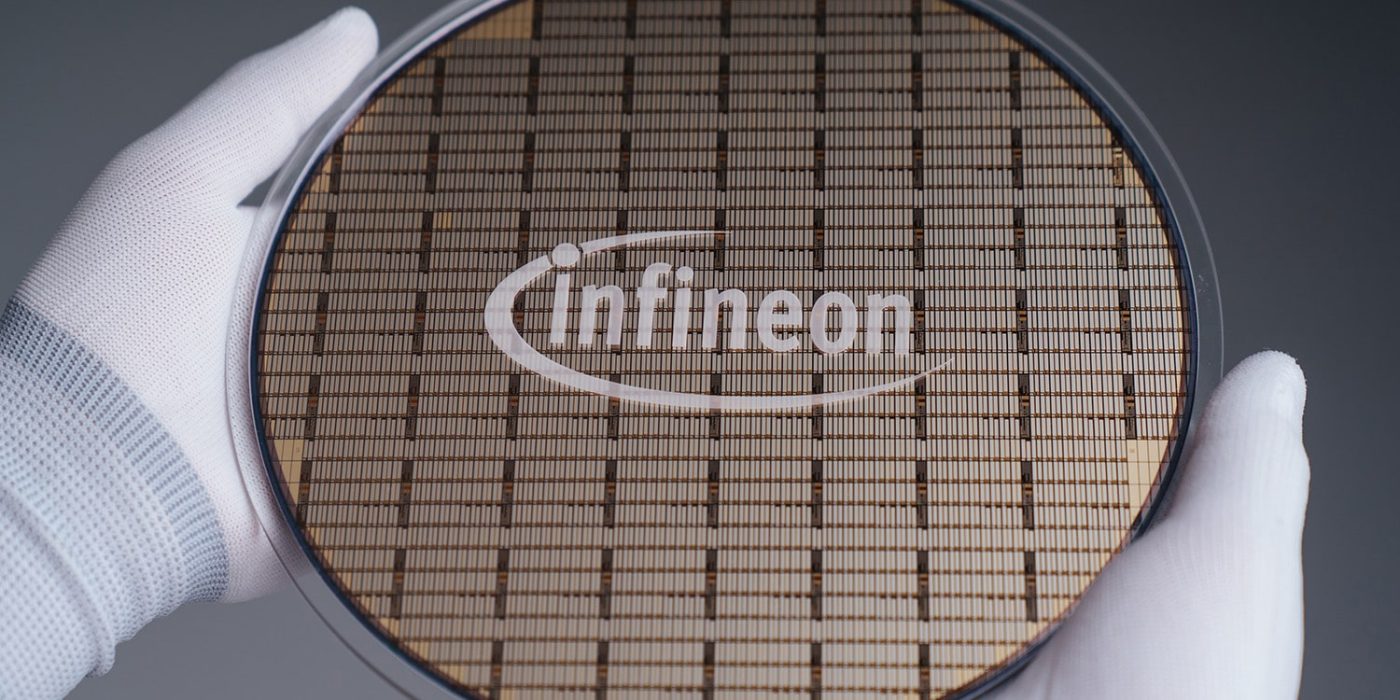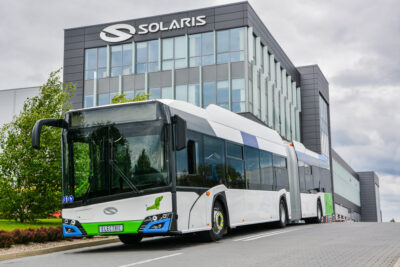Infineon heads semiconductor project with GaN
The new EU research project ALL2GaN, led by Infineon Austria, aims to exploit the energy-saving potential of highly efficient power semiconductors made of gallium nitride (GaN) so that they can be easily and quickly integrated into many applications.
The project name ALL2GaN stands for “Affordable smart GaN IC solutions for greener applications”. Infineon expects to be able to potentially reduce energy losses by an average of 30 per cent thanks to the new GaN chip generation. This is expected to benefit onboard chargers and mobile charging applications.
The project brings together 45 partners from twelve countries with a total budget of around 60 million euros. ALL2GaN will run for three years and is financed by investments from industry, subsidies from the individual participating countries, and the European research programme called Key Digital Technologies.
Gallium nitride, like the much-cited silicon carbide (SiC), is said to be able to convert energy more efficiently. “GaN technologies are paving the way for applications that drive decarbonization. Applications such as mobile charging, data centre power supplies, residential solar inverters and onboard chargers for electric vehicles are at the tipping point,” explains Adam White, Division President, Power and Sensor Systems, Infineon Technologies AG. “With the All2GaN research project, energy-saving chips made of gallium nitride can now be developed even faster and easily embedded in many applications thanks to the integration toolbox. The research project opens up enormous application potential and creates sustainable benefits.”
Cost-efficient GaN chips have already been developed at Infineon-Villach. ALL2GaN is now about embedding the novel semiconductors “Made in Europe”. For this purpose, they will be constructed in a modular way and integrated into many applications by means of a so-called integration toolbox. According to Infineon, the research ranges from individual chip elements and high-performance GaN modules to chip designs and novel system-on-chip approaches.
Other companies have already recognised the potential of GaN: The German supplier Vitesco agreed on a cooperation with the Canadian specialist GaN Systems in November 2021. According to Vitesco, GaN semiconductors can be more economical than SiC semiconductors in system terms. Renault is cooperating with the Swiss company STMicroelectronics, which is working on GaN technology, among other things. Earlier this year, Toshiba Electronics Europe commissioned a new high-voltage laboratory at its Düsseldorf site in Germany at the beginning of 2022, with a special focus on silicon carbide and gallium nitride.





0 Comments